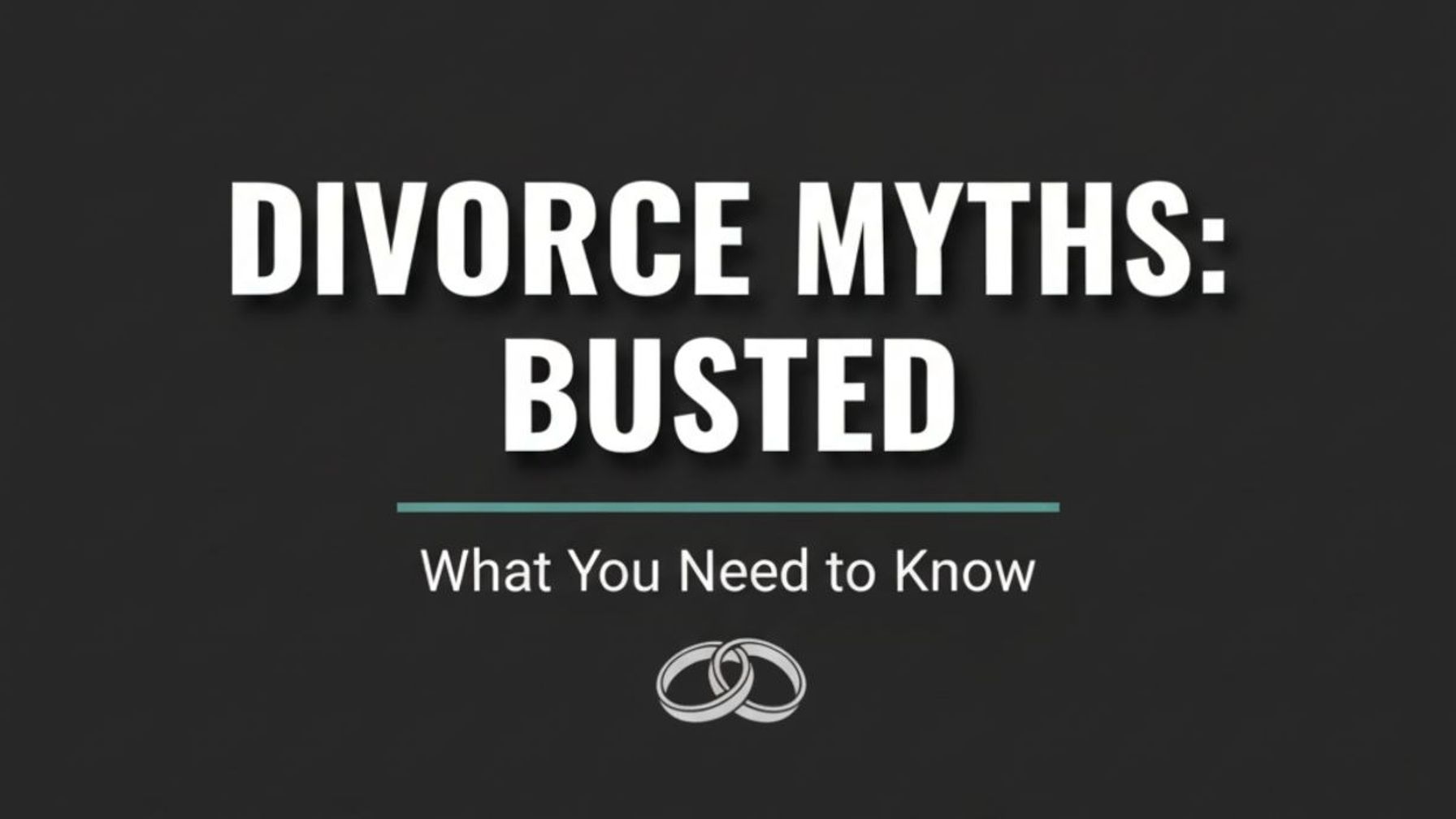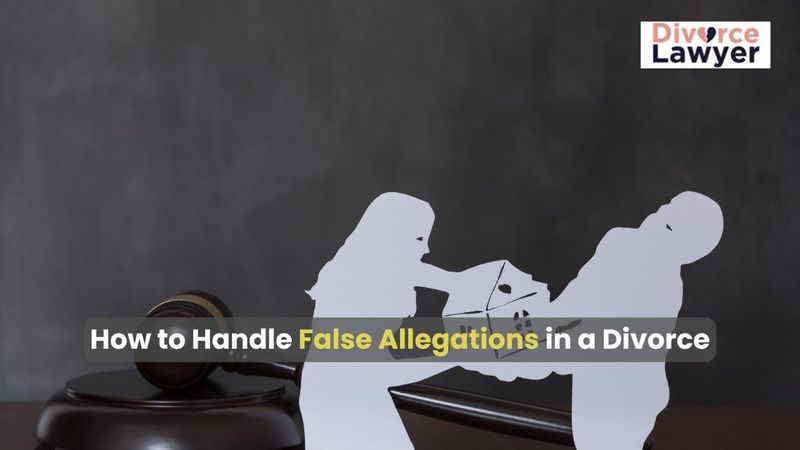Divorce is one of the most difficult decisions a person can make. In India, it’s not just a legal process — it’s an emotional and social journey that affects families, children, and even communities. Unfortunately, many people still believe in common myths about divorce that cause unnecessary fear, guilt, or confusion.
It’s time to clear the air. Let’s break down the top 10 myths about divorce and uncover the truth behind them.
1. Myth: Divorce Means the End of Family Life
Divorce ends a marriage, not your role as a parent or family member. Many couples continue to co-parent their children successfully after separation. With the right communication and mutual respect, you can still provide emotional stability and love to your children even after parting ways.
2. Myth: Only Women Can Seek Divorce in India
Both husband and wife have the legal right to file for divorce. The law treats both partners equally when it comes to divorce. Either spouse can approach the court and seek a divorce based on valid grounds such as cruelty, desertion, or mutual consent.
3. Myth: Divorce Always Has to Be Bitter and Ugly
Not necessarily. Many divorces today are handled peacefully through mutual consent or mediation. If both partners agree on important matters like property, custody, and maintenance, the process can be smooth and respectful without prolonged court battles.
4. Myth: Divorce Is Always a Long and Complicated Process
The duration of a divorce depends on the type of case and the cooperation between the partners. While some cases take time, mutual consent divorces can be resolved faster if both sides are cooperative and the documentation is complete.
5. Myth: Mothers Always Get Child Custody
The court prioritizes the best interests of the child, not gender. Custody decisions depend on factors such as the child’s age, comfort, and who can provide a better environment, not automatically the mother. In some cases, fathers are granted custody or shared parenting arrangements.
6. Myth: Divorce Destroys Your Reputation in Society
Social attitudes are changing, especially in urban India. More people now understand that staying in an unhappy or toxic marriage affects mental health. Choosing peace and self-respect over constant conflict is a sign of strength, not shame.
7. Myth: You Must Have Strong Evidence to Get a Divorce
Not always. While some cases require evidence (like cruelty or adultery), many divorces happen by mutual consent, where no evidence or blame is needed. Both partners simply agree that the marriage is not working and wish to move forward peacefully.
8. Myth: Divorce Means Losing Everything Financially
Divorce does not mean one partner loses all. Courts ensure that property, assets, and financial support are divided fairly. Maintenance or alimony is decided based on individual circumstances, income levels, and needs — not gender alone.
9. Myth: Second Marriages After Divorce Are Not Accepted in India
Legally and socially, remarriage after divorce is completely valid. Once the divorce is finalized, either partner is free to remarry. Indian society is becoming more open-minded, especially when a new relationship is built on mutual respect and understanding.
10. Myth: Divorce Means Failure
Divorce can sometimes mean a new beginning. It’s not about failure — it’s about recognizing that the relationship no longer brings happiness or growth. Many people rebuild stronger, healthier lives after divorce, focusing on self-care, career, and emotional healing.
Conclusion
Divorce is never an easy choice, but it’s also not the end of your world. Letting go of myths allows you to see divorce for what it truly is — a legal and emotional step toward peace, clarity, and independence.
Whether you’re considering separation or already in the process, seek help from a qualified family lawyer who can guide you through your rights, responsibilities, and the best way forward. The more informed you are, the smoother the journey becomes.




